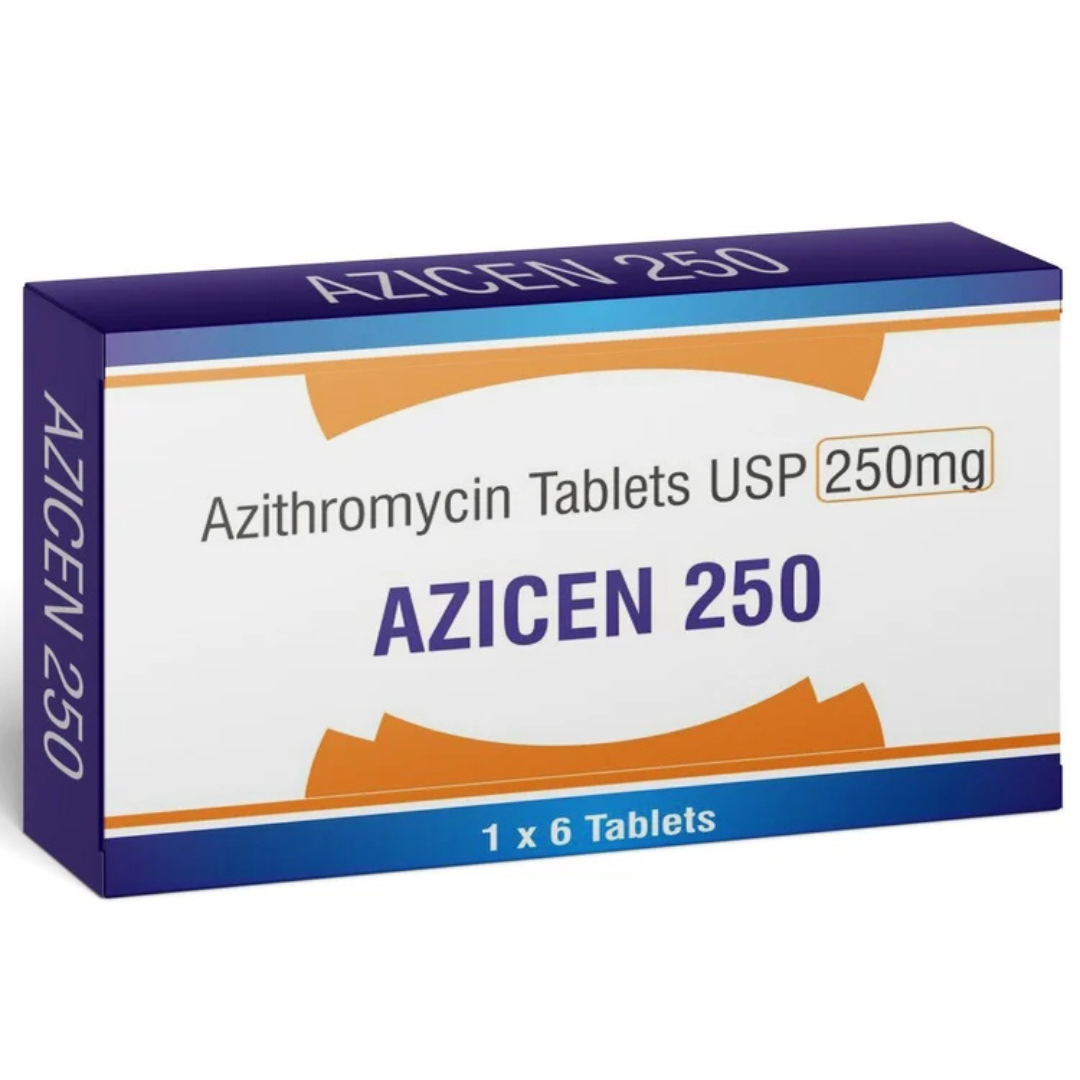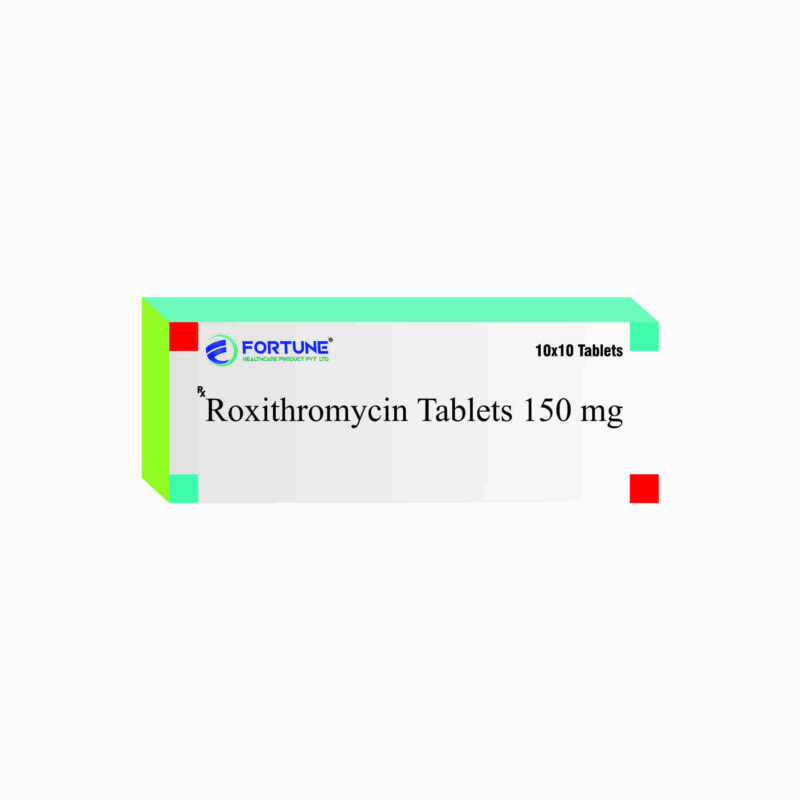- Used for: It is used for bacterial infections, like respiratory infections and ear infections.
- Active Ingredient: Every tablet has azithromycin in it.
- Dosage Forms:It is available in 250 mg oral tablets.
- Daily Dosage: Adults can take two 250 mg tablets to get a 500 mg dose, or four 250 mg tablets for a 1 g dose. With some infections, you may only need to receive the antibiotic in one larger dose.
- Onset of Action: It can take 2.5 to 3 hours for the symptoms to be at their worst, but you should begin to recover in just a few days.
- Side Effects: Most patients can have nausea, vomiting, diarrhea, tummy ache, and headache.
- How to Use: Take a tablet regularly at the same time. Tablets with or without food; capsules 1 hour before or 2 hours after meals.
- Who Should Avoid This: Consult the doctor if you are dealing with some chronic health issues.
- Quick Tip: Don’t stop taking antibiotics until the whole course is complete to help stop antibiotic resistance.
Key Benefits
This is specifically designed to improve respiratory health and quality of life for people with chronic airway diseases. It offers several positive benefits that help patients manage their condition more effectively:
- Reduces the frequency of asthma and COPD exacerbations
- Significantly improves the quality of life and daily functioning
- Provides long-term symptom control and stability
- Offers anti-inflammatory and immunomodulatory effects
- Well-tolerated for maintenance therapy
FAQs
What are the side effects of Azithromycin?
This may cause side effects like nausea, diarrhea, vomiting, stomach pain, and headaches. Less commonly, it can lead to dizziness, fatigue, or skin rashes. If you experience severe symptoms like chest pain or difficulty breathing, seek medical attention immediately.
How to take Azithromycin properly?
Take this exactly as your doctor prescribes, at the same time each day, to keep steady levels in your body. You can take it with or without food, but don’t use antacids with aluminum or magnesium within 2 hours, as they can lower its effectiveness. Finish the entire course unless your doctor tells you to stop.
Are there any kidney side effects of Azithromycin?
This is usually safe for the kidneys and rarely causes kidney problems for most people. If you have serious kidney disease or weak kidney function, the drug might build up in your body, so your doctor may need to adjust the dose. Always check with your doctor if you have kidney issues before taking this.
What is the recommended Azithromycin 250 mg dosage for adults?
For most adults, take 500 mg on the first day, then 250 mg once a day for the next 4 days, depending on the infection. Always stick to your doctor’s instructions, as the dose may change based on your condition. Never change the dose or self-medicate without talking to your doctor.
How does Azithromycin work?
It is a macrolide antibiotic that stops bacteria from growing by blocking their protein production. This helps your immune system clear the infection. It treats infections like pneumonia and chlamydia, but it must be used as prescribed to prevent resistance.
Is Azithromycin an antibiotic or not?
Yes, it is an antibiotic. It belongs to the macrolide class and fights bacterial infections like pneumonia, bronchitis, and chlamydia by stopping bacterial growth. It is not effective against viral infections. Always use as prescribed to avoid resistance.






Reviews
There are no reviews yet.